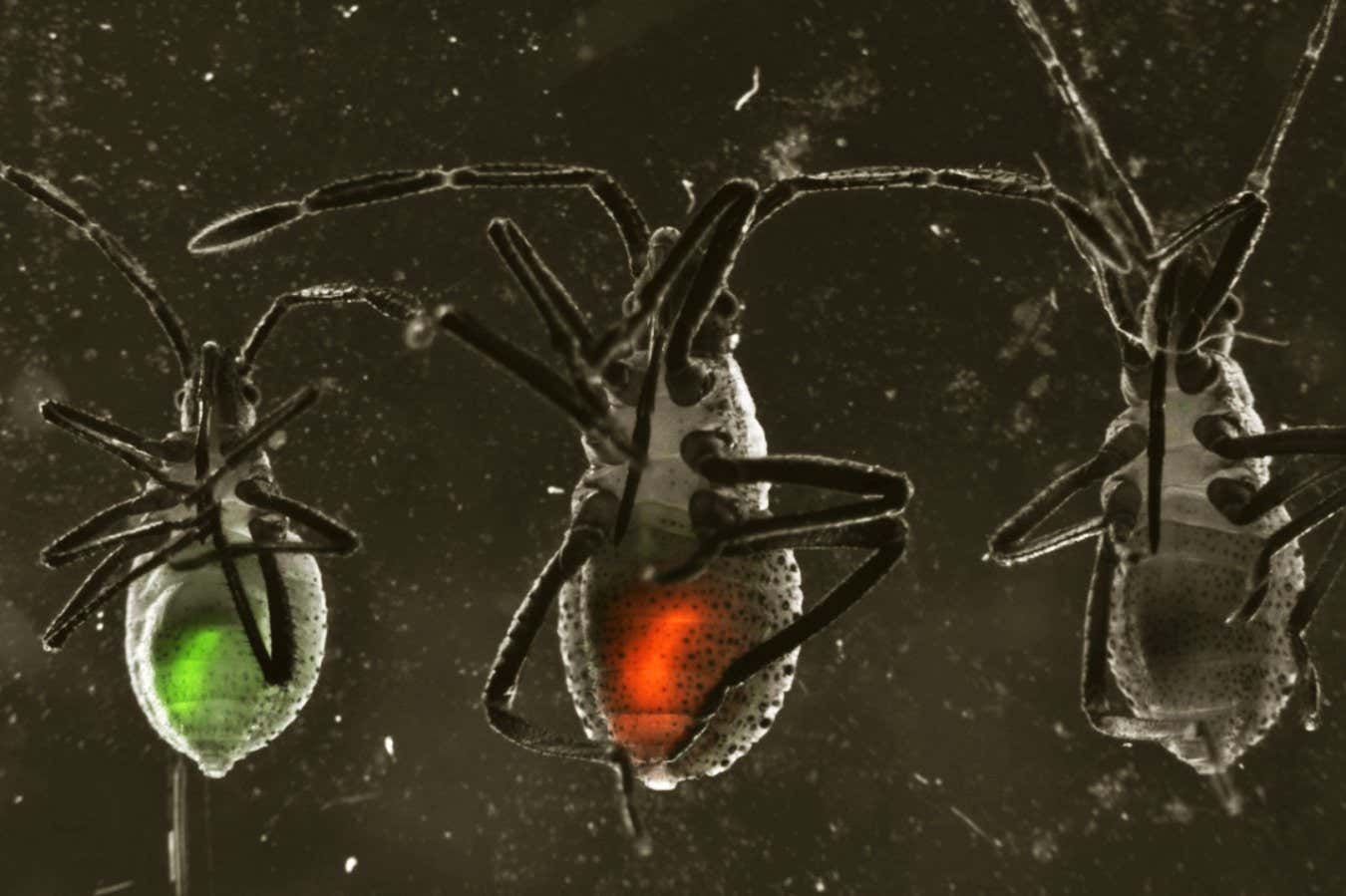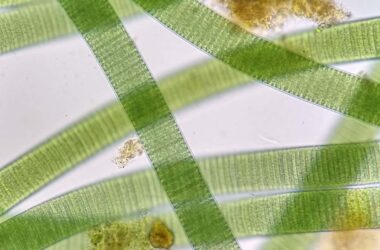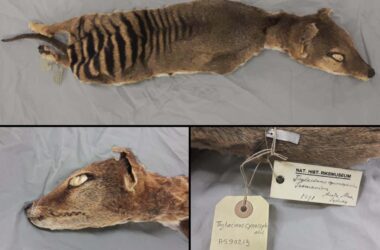Young squash bugs have been found to engage in unusual behavior shortly after hatching in order to acquire bacteria needed for their survival. Unlike other species that inherit symbiotic bacteria from their parents, squash bugs must find these bacteria on their own. Researchers have discovered that newborn squash bugs, called nymphs, seek out and consume the feces of adult squash bugs, which are rich in the bacteria they require.
Squash bugs, also known as Anasa tristis, are agricultural pests that commonly attack courgette (zucchini) and pumpkin crops in North and Central America. They have a symbiotic relationship with Caballeronia bacteria, which reside in their guts and play a vital role in their growth, development, and survival.
While species like stink bugs receive the bacteria from their mothers’ feces that are deposited on their eggs, squash bugs do not inherit the bacteria directly. According to Scott Villa from Davidson College, squash bug parents do not pass on the bacteria to their offspring. Instead, each generation must find the bacteria in the environment.
In laboratory experiments, it was observed that the nymphs actively sought out and consumed the feces of adult squash bugs in 99% of trials. The nymphs liquefied the feces with their saliva and consumed them. Interestingly, the nymphs showed a preference for the feces of their own species, even though the feces of a related species contained the same bacteria. The researchers believe that the abundance of adult feces in close-knit squash bug communities allows the nymphs to easily find and acquire the bacteria.
This discovery could potentially lead to new strategies for controlling squash bug populations and protecting crops. By disrupting the nymphs’ ability to find the bacteria or removing the bacteria from the environment, the researchers hope to halt their population growth. Squash bugs can have a devastating impact on agricultural crops, making it important to find effective methods of pest control.
Insights
1. Squash bugs, unlike other species, do not inherit beneficial bacteria from their parents but acquire them by consuming adult feces.
2. The bacteria, Caballeronia, play a crucial role in the growth, development, and survival of squash bugs.
3. Nymphs have a strong preference for consuming the feces of adult squash bugs from their own species.
4. Squash bug communities provide an environment where there is an abundance of adult feces, allowing nymphs to easily find and acquire the bacteria.
5. The discovery of this behavior could lead to the development of new strategies for controlling squash bug populations and protecting agricultural crops.








